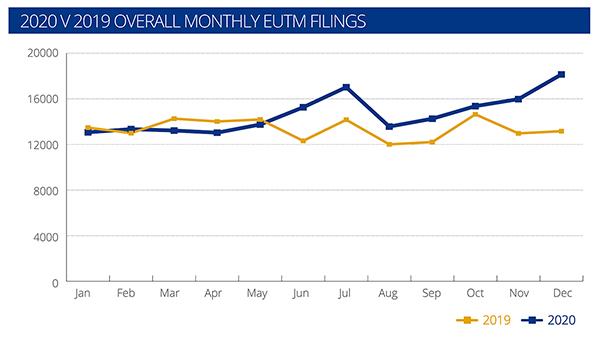The EIB Group boosts financing for the Western Balkans in 2020

- In 2020, the EIB increased its investments in the region by almost 50%, reaching €873 million in financial commitments
- Lilyana Pavlova, EIB vice-president for the Western Balkans, highlights the EIB’s substantial contribution to social and economic development in 2020, laying the groundwork for further investment under the European Commission’s Economic and Investment Plan
- The EIB has already mobilised over €1 billion of financing as part of Team Europe’s COVID response for the region
As presented at a press conference today, the European Investment Bank Group (EIB) invested €873 million in the Western Balkans in 2020, increasing its financing in the region by 50% compared to 2019. It provided extensive support to the recovery from COVID-19 under the European Union’s Team Europe initiative to help the most affected sectors.
In line with the European Union’s focus on connectivity, the majority of the investment, €531 million, was allocated to constructing and modernising transport infrastructure in the region, this includes a major investment on Corridor Vc in Bosnia and Herzegovina that also benefited from a €12 million grant provided under the EU Western Balkans Investment Framework (WBIF). The EU bank supported a diversified portfolio of investments in key sectors for the region, including a €65 million investment for digitalising over 1 500 schools across Serbia. This project will facilitate the introduction of IT equipment and high-speed internet, while some 50 000 teachers will be able to receive training in digital skills. In keeping with the Bank’s climate goals, an €11 million investment for wastewater infrastructure in Kosovo* will improve access to water for some 90 000 people in the Gjilan/Gnjilane municipality.
Small and medium-sized enterprises (SMEs) received significant support from the EIB Group (the EIB and the European Investment Fund, or EIF) in 2020 with a €320 million investment for the banking sector to support small businesses. The Group has strengthened its instruments that support the private sector and is leveraging EU budget guarantees and risk-sharing solutions further to improve the competitiveness of local companies and entrepreneurs. Strong support for the private sector is necessary to achieve the region’s transition towards a greener, more inclusive and sustainable economic model. Going forward, the Group intends to build on successes such as the WB EDIF (Western Balkans Enterprise Development & Innovation Facility) Guarantee Facility – managed by the EIF – that has supported thousands of local SMEs and jobs and has been recently topped up by DG NEAR (Directorate-General for Neighbourhood and Enlargement Negotiations) as part of the response to the COVID-19 crisis. The EIB has also expanded its support for the preparation and implementation of investment projects by providing technical assistance worth €17 million under the Economic Resilience Initiative and the WBIF.
The EIB is playing a leading role in Team Europe’s response to the COVID crisis, committing €1.7 billion of the €3.3 billion total announced at the EU-Western Balkans Zagreb Summit in May 2020. To date, the Bank has mobilised over €1 billion to accelerate the recovery from COVID-19 in the Western Balkans. The funds were channelled to provide immediate assistance for the healthcare and private sector, especially small companies, the hardest hit by the pandemic.
EIB Vice-President Lilyana Pavlova, who is responsible for the Western Balkans, said: “I am delighted that the EIB Group has almost doubled its investment volume for the Western Balkans in one of the most challenging years in recent history. However, we will not stop there, but will continue to provide our full support to help the region overcome the COVID-19 crisis, advance with EU integration and accelerate the much needed economic transformation into a green and digital market. We are particularly proud of the EIB’s first impact finance loan that will boost youth employment and women’s entrepreneurship, while triggering investment in the digitalisation of the private and public sector.”
In 2021, the Bank plans to deliver more support for climate action, the recovery of SMEs, connectivity, the digital transformation and projects encouraging inclusive employment. All of these initiatives are part of the European Commission’s Economic and Investment Plan for the Western Balkans. The EIB Group looks forward to working with all of its partners on implementing this major plan that aims to mobilise up to €9 billion for inclusive growth, sustainable transport, the digital and green transformation and the creation of a common regional market, with €20 billion in investment also expected to be leveraged by the Western Balkan Guarantee Facility.
* This designation is without prejudice to positions on status, and is in line with UNSCR 1244/1999 and the ICJ Opinion on the Kosovo declaration of independence.
About the EIB in the Western Balkans
The EIB is one the leading international financiers in the Western Balkans. Over 2009-2020, the Bank financed projects totalling €8.6 billion in the region. Besides continuing its support for the reconstruction and upgrading of public infrastructure, the EIB has expanded into many new areas since 2010, including healthcare, research and development, education and SMEs.


